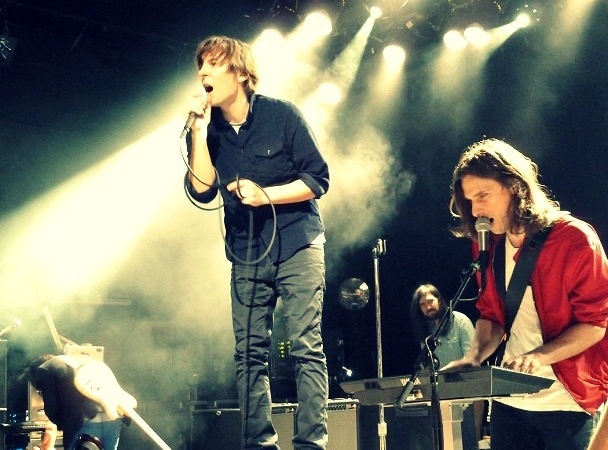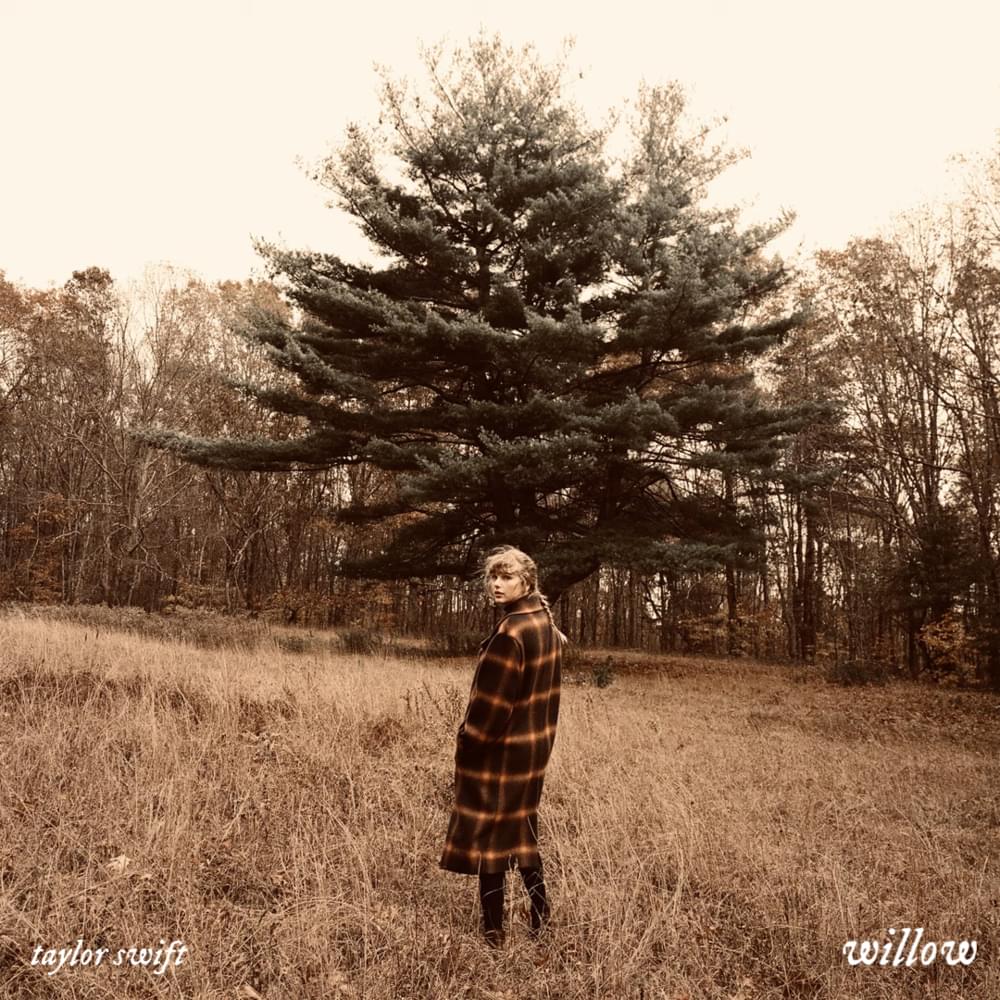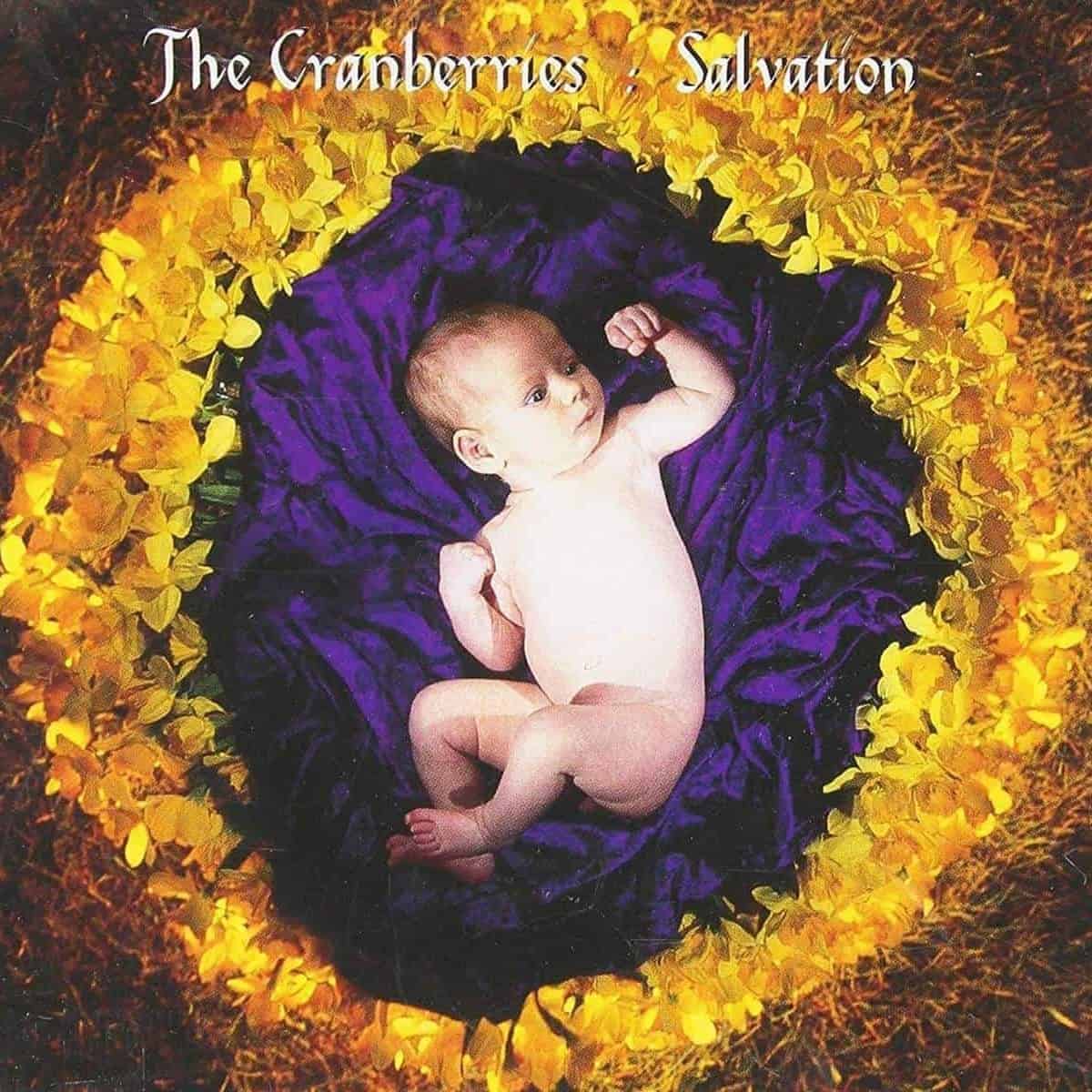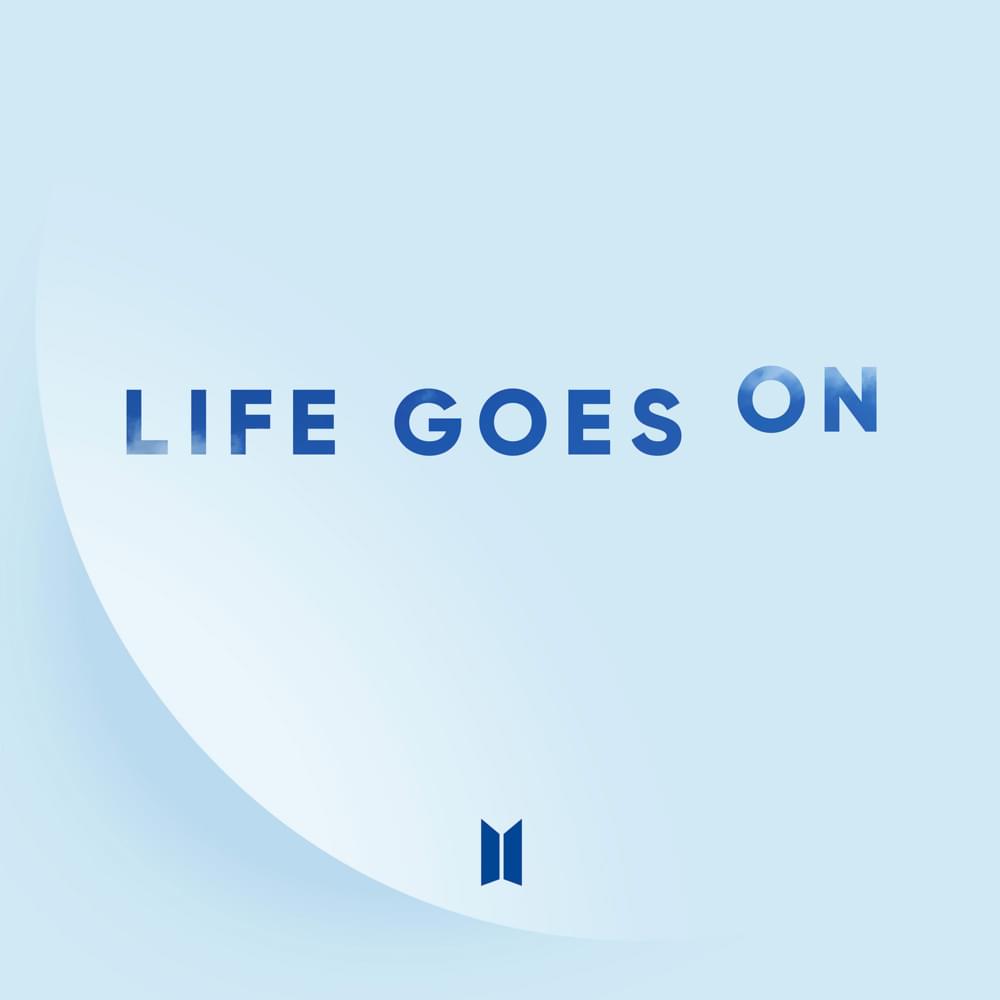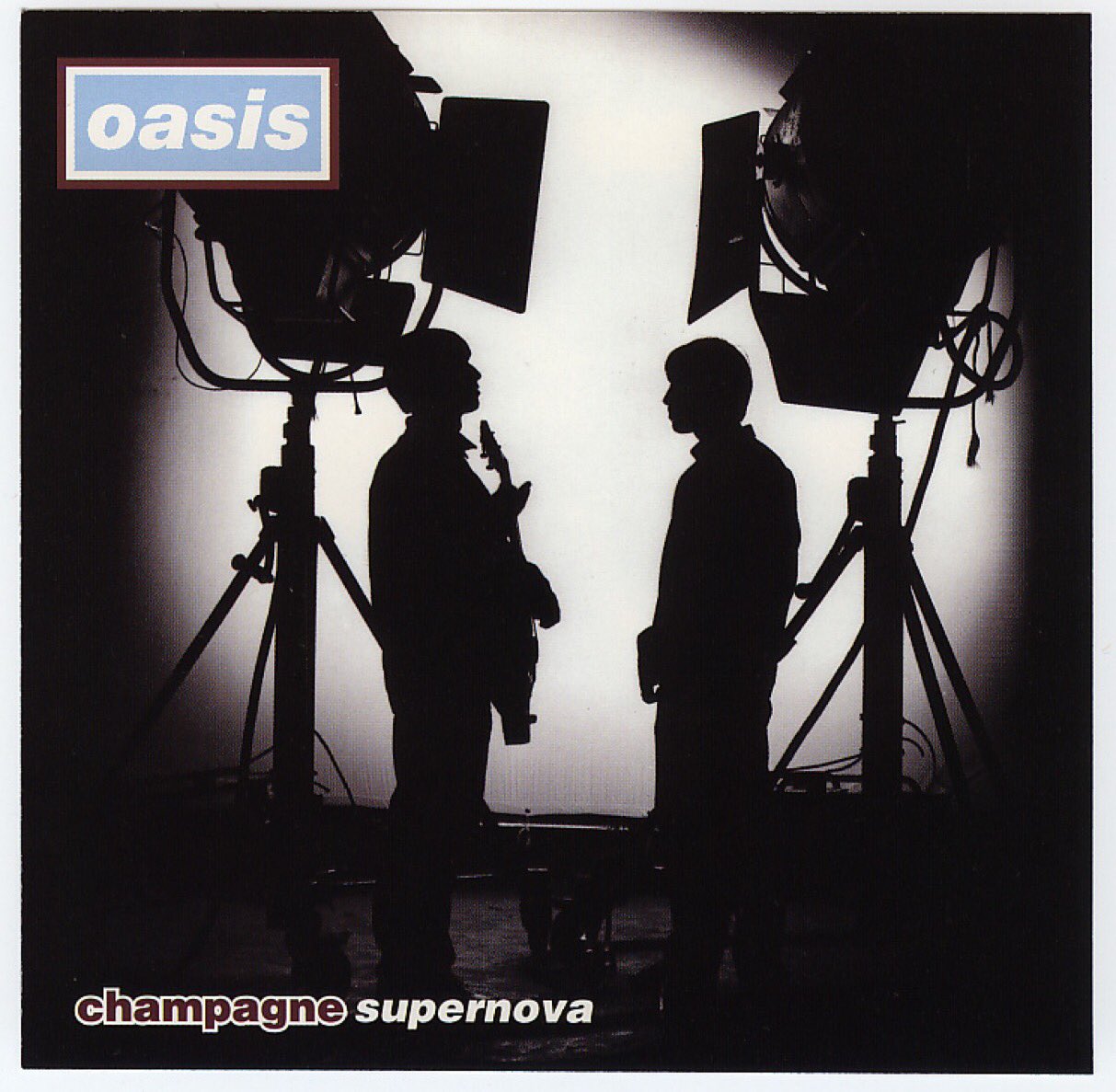As miracles go, the last two Phoenix records were somewhere between water-into-wine and raising a man from the dead, all ecstasy and wonder and effortless grace. The singles got all the ink, as singles do, but every track was effervescent. It was the kind of music that seems to materialize out of thin air but only comes from years of slavish devotion to craft; as Cole's recent interview with the band pointed out, Phoenix spent the better part of a decade developing into the powerhouse that birthed the lite guitar streetscape It's Never Been Like That and the jetliner sleek Wolfgang Amadeus Phoenix. In another sense, those albums were the culmination of a much longer history, a gleaming compendium of French pop's finer exports through the decades. Spiritually, they channeled the distinctly Euro, fashionably metropolitan joie de vivre of Serge Gainsbourg and Francoise Hardy, hopeless romantics for whom the difference between a pout and a smile was as elusive as universal truth for the philosophers you imagined them reading in cafes from behind scarves. Sonically, they wrapped it in the synthetic sprawl and bold gestures of Air and Daft Punk, expertly mingling guitars and keyboards and Thomas Mars' breathy beam of light into gorgeously oblique car commercial manna. You won't find a more perfect pair of pop records from the past decade.
No one loved those albums more than I, but even I was shocked when this year's Coachella lineup came out and Phoenix was listed as the Saturday headliner. Sure, Phoenix closed out the day at Lollapalooza in 2010, but Lolla boasts two headliners a night at opposite sides of Chicago's Grant Park, so the feat isn't as impressive as ascending the summit of a Coachella poster word mountain. Out in the desert, the food chain is more clearly delineated. Somehow, organizers at Goldenvoice decided Blur and the Stone Roses needed to prop each other up like crisscrossed Union Jack support beams while Phoenix could handle a spotlight all to themselves. My Bloody Valentine, Madonna, the Stooges, Pixies, Pavement, Morrissey, At the Drive-In, Tiesto, David Guetta -- all of them played Coachella and didn't headline, yet somehow Phoenix qualified as a headliner? This seemed like wishful thinking, rendering Phoenix a turtle on a fencepost and suggesting that the well of suitable big-time festival headliners had run dry -- a case reinforced by the "Who is Arcade Fire?"-like head scratching regarding the Stone Roses' Friday headlining slot.
Which raises the question: What makes a headliner? Take a look at the names that have topped the bill at Coachella over the years -- alt-era heroes like Beastie Boys, Beck, Red Hot Chili Peppers (about to go for the trifecta) and Nine Inch Nails; alt-sympathetic metal gods Tool and Rage Against the Machine (twice each); avant-garde pop stars Radiohead and Bjork (twice each); classic rock legends Paul McCartney and Roger Waters; rap titans Jay-Z, Kanye West, Dr. Dre, and Snoop Dogg; moody '80s icons the Cure and Depeche Mode; newly minted arena staples like Muse, the Black Keys, and Kings of Leon; motherfucking Prince -- and some themes emerge. Typically a headliner's career spans at least a decade, though the Killers and Arcade Fire bucked that trend. They usually boast enough critical acclaim or perceived hipness to attract the average indie snob, though Jack Johnson is a major outlier there. On the other hand, their appeal tends to be broad enough that the average joe would recognize their name, know some of their songs (by sound if not by title), and get swept up in their upbeat, listener-friendly music; by that measure, maybe Gorillaz wasn't such an odd selection after all. The most decisive factor is pure subjective intangible: It has to feel like a big deal.
Phoenix is a wonderful band that I love dearly, but they don't feel like a big deal the way most Coachella headliners do. There is supposed to be a "Wow!" factor; for most of America, there is still a "Who?" factor with Phoenix. Their last album peaked at No. 37 -- respectable, but hardly breathtaking -- and that one outsold their first three records exponentially. Thanks in large part to Cadillac, everybody's heard "1901," but I'm guessing most people don't know the name of the band or the song, just that "Fallin' fallin' fallin'" hook (which is actually "Fold it, fold it, fold it," which is weird). Phoenix might play the Garden and Barclays Center when they swing through NYC these days, but in the Midwest they haven't graduated to arena status just yet. They won a Grammy but haven't sniffed a Grammy broadcast. They did manage to play SNL twice, but even the Ting Tings have played SNL, and Phoenix's double dip says more about the indie cred of SNL's talent buyers than the band's widespread appeal in America. There's an argument for Phoenix as one of the biggest bands in the world. But it's hardly an open-and-shut case, and the fact that there's any question about whether they stack up as a headliner suggests to me they flunk the intangibles test.
If Phoenix hasn't completed the leap from stardom to superstardom, Coachella is more than willing to carry them the rest of the way. As Buzzfeed's Steve Kandell tweeted when the lineup came out, "Reunion well is almost dry, it's in the festivals' interest to anoint these bands." The fests are selling an experience, and that experience happens to be one of the few cash cows left in an otherwise rotting music industry. Brad Shoup summed it up beautifully in his excellent Stereogum essay last January: "People who can't be convinced to drop $9.99 on an album will happily part with a few hundred to watch the Roots while sitting on a beach towel." Whereas the artists once bequeathed their cred to festivals, it appears to be working the other way around now. To a certain extent, it doesn't matter who's headlining Coachella; people are going to show up. (Shoup again, killing it: "Not buying a pass to a Björk-less Coachella would be like avoiding a buffet because it lacks chiles rellenos.") But even if the festival has "a stronger brand name than 98 percent of the bands," as Grantland's Steven Hyden posited this week, the Coachella machine runs at least in part on high-wattage star power. In that context, "(calling) a second-stringer up to the big leagues" makes sense, same as the music industry has always manufactured new superstars in the event of a vacuum. As Hyden noted, old metrics like the "late-night TV debut" and the "No. 1 album" no longer mean what they used to in a world where late-night TV has no center of gravity and Vampire Weekend can debut at No. 1 on the strength of a bargain-basement Amazon promotion. Festivals are now music's most prominent venue -- "alternative" music's most prominent venue, anyway -- so by extension they're also the most expedient vehicle for kingmaking.
In that case, Phoenix is as fit for royalty as anybody else in this crazy, mixed-up world of long tails and short attention spans. In an early evening set at Bonnaroo 2009 (opening for Crystal Castles and Girl Talk, which seemed about right at the time), they exuded charisma, poise and power. As Michael explained in his review of their secret Brooklyn show last week, "what they do on stage takes them from terrific to transcendent" thanks to reconfigured arrangements built for maximum visceral impact. In concert, they morph from a pristine pop band to a high-voltage rock band, perfect for jolting woozy beer sponges back to life after a sweltering day in the sun. Even their weaknesses mark them as emergent luminaries; the forthcoming Bankrupt! seems to me like a glossy veneer over flimsy songs, i.e. exactly the kind of album bands usually release around the time they start headlining festivals. It's so ephemeral it might as well be hologram Phoenix, so maybe that's what caught Coachella's eye.
If Phoenix represents a new paradigm of indie rock staples riding festivals to out-and-out rock stardom in the face of slim pickins on the reunion circuit, what else is coming down the pipeline? Who will the Lollas, 'Roos and 'Chellas elevate to marquee status next? The Yeah Yeah Yeahs have a fat stash of hits and swagger to spare; they subbed for Beastie Boys at Lolla back in '09, but by now they could rightfully stake their claim as more than just pinch headliners. At Pitchfork's fest couple years ago, Fleet Foxes attracted a behemoth audience that defied easy categorization; by the time their next album drops, they could easily carry a night at Bonnaroo. You could make a similar case for Modest Mouse, plus they've got a decade head start. Assuming Bon Iver ever releases another album, Justin Vernon has built up more than enough goodwill across disparate spheres to justify a headlining bid. And if Vampire Weekend can so thoroughly outpace Phoenix on the charts (Contra was still lingering at No. 89 last week), why aren't they the ones closing out a night at Coachella?
This is all assuming the elite festivals insist on remaining accidental rockists. There are still plenty of acts out there that qualify as genuine celebrities, artists with enough clout and prestige to turn people's heads, but most of them exist outside the indie, alt, and classic rock spheres that tend to dominate top-tier festival playbills. These events would be crazy not to book Beyonce or Justin Timberlake if they had the chance, both for the prestige and the incomparable performance. Maybe talent that super-sized is too expensive when you can book Phoenix for a fraction of the price and still sell out your festival, but I have to wonder if the people assembling these festival lineups (incorrectly) believe such unrepentantly populist stars are beneath them; if anything, it's the other way around. Neither of those multi-hyphenates has reason to perform outside a setting they can meticulously control (like, say, their spouse's music festival).
The top-tier fests have taken tentative steps into hip-hop in recent years with Eminem landing top billing at Bonnaroo, Dre and Snoop shutting down Coachella and both halves of the Throne repeatedly holding court. If the programmers continue in that direction (and they should), Drake or Lil Wayne could easily attract a throng as a tentpole act without compromising the big-time festival aesthetic. Give him one more album, and so could R&B art star Frank Ocean, who by all accounts inspired religious devotion with non-headlining sets at Coachella and Lolla last year. These fests usually relegate DJs to the dance tent, but given EDM's continuing vice grip on popular music, it's hard to believe nabbing Skrillex or Diplo to close out the main stage would be anything less than a coup. Related: I don't know a single person who isn't sick of Girl Talk by now, but given his omnipresence at these things he might be able to headline on the strength of inertia alone. And what of the fledgling poptimism that allowed Lady Gaga to dominate a night at Lollapalooza 2010? Have we not approached the frontier of Ke$ha conquering the desert, of "Firework" lighting up the Chicago skyline, of Britney going ham down on the farm? Miracles can happen; just ask Phoenix.
